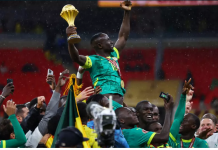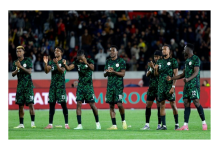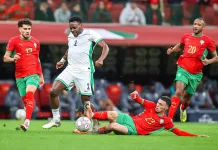Renowned Nigerian music video director ThankGod “TG” Omori, has turned his lens inward—this time exposing the grim reality of kidney care in Nigeria.
A Cry Beyond Creativity
From a hospital bed, Omori, known for bringing life to the country’s biggest hits, who recently underwent a kidney transplant, laid bare the crushing price tag of survival. On X (formerly Twitter), he wrote:
“Dialysis is about 100k plus per session, sometimes you need 3 sessions in a week, minimum wage is 70k. Knowing this fact brought me tears in the hospital cause no hope for the common man.”
His post struck a chord, highlighting the impossible arithmetic of Nigerian healthcare where survival often comes at a price higher than a citizen’s livelihood.
The Bleak Math of Survival
With sessions costing ₦100,000 and above, patients can spend ₦600,000 to ₦800,000 monthly—a sum that dwarfs the ₦70,000 minimum wage. Beyond dialysis, expenses pile up: drugs, surgeries, and hospital stays turn health battles into financial wars.
Healthcare experts warn that for most families, this isn’t just unsustainable—it’s fatal.
Government Subsidy: A Drop in the Ocean
In response to mounting pressure, the federal government announced a subsidy reducing dialysis fees to ₦12,000 in some government hospitals. But with just 354 dialysis machines for over 230,000 patients nationwide, the relief barely scratches the surface. Access remains patchy, especially in rural areas where facilities are scarce.
A Death Sentence for the Poor
Kidney disease, often diagnosed late, carries devastating outcomes. Studies reveal that 90% of patients die within three months of starting dialysis if consistent treatment isn’t possible. For many Nigerians, it’s not the illness but the cost of care that writes their fate.
Omori’s Outcry as a Wake-Up Call
TG Omori’s transition from hitmaker to patient has amplified a collective pain: healthcare in Nigeria is not just fragile—it is unequal. His message resonates because it captures a truth many live silently—when survival is priced beyond reach, hope itself becomes a luxury.
Omori’s plea is more than a personal story. It is a mirror held up to society, asking: if even the privileged struggle, what chance does the average Nigerian have?
































